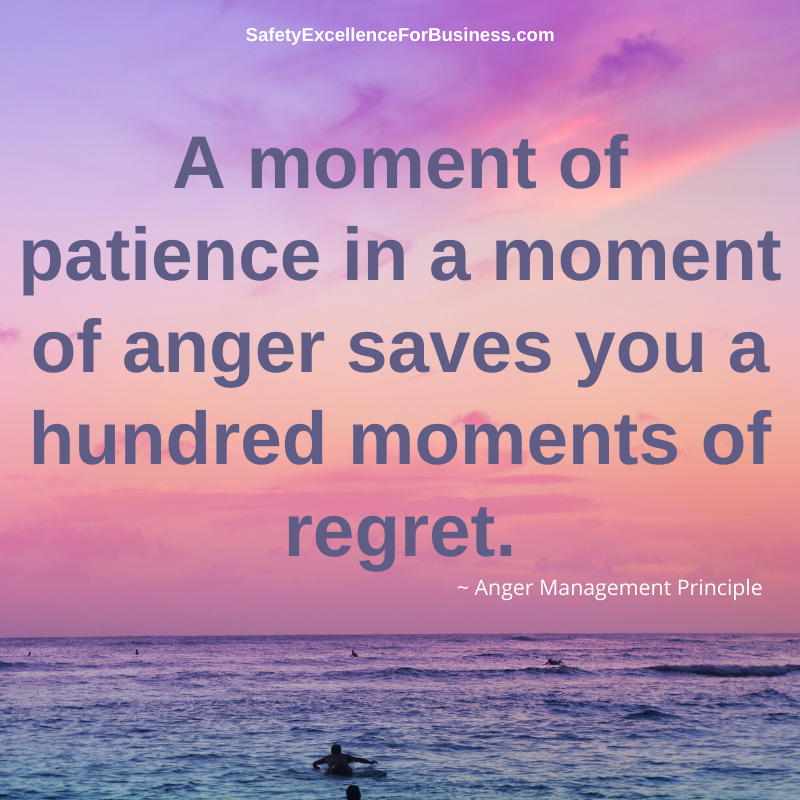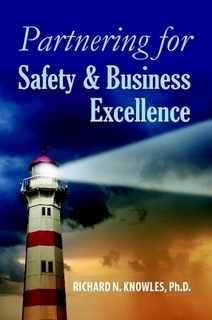We are currently living in really tense social and political times.
 You can’t turn on the news or check your Internet homepage without sensing the depth of the issues that our country is experiencing. Whether it is returning to the workplace amidst COVID-19 rules, political protests, religious non-tolerance, or negative nightly news events – we’re experiencing a wide berth of dramatic events. And each of us has an opinion, a response, a way that we individually see these events and cope with this discord.
You can’t turn on the news or check your Internet homepage without sensing the depth of the issues that our country is experiencing. Whether it is returning to the workplace amidst COVID-19 rules, political protests, religious non-tolerance, or negative nightly news events – we’re experiencing a wide berth of dramatic events. And each of us has an opinion, a response, a way that we individually see these events and cope with this discord.
However we cope, we need to do our best to keep it out of the workplace, because when we allow the national scene to externally influence our internal emotions, then our emotions, in fact, can impact our safety and the well-being of others.
Whenever we are distracted by emotions, the risk of an injury or incident goes up, we become less able to concentrate and our minds get (emotionally) preoccupied. Our emotions can be influenced from a host of negatively-impacting ways; in turn, we can be hair-triggered to respond in negative ways. Today, we are especially challenged.
Below is a list of things that add to one’s emotional trigger points and what we can do when emotional overload pushes tempers to flare beyond the threshold level in our workplaces.
When tempers flare, adrenaline flows – it cranks up your heartbeat and breathing rate and primes your body for a fight response. This is NOT GOOD in our Workplaces! When tempers and emotions flare, regardless of the impetus, then the focus on safety takes a back seat. Emotion takes over. That is when you and your coworkers are exposed to higher risk and become most vulnerable to the unexpected.
So what just set you/him/her off?
- Someone hell-bent on bringing the national scene/election/politics into the workplace, and you vehemently disagree with their view? (Workplaces should be neutral places).
- Someone unable to keep their personal views on national, regional, or local events to themselves…to which you disagree?
- Someone unable to contain negative views about another’s race, gender, ethnicity, etc.? (Even when it is well known that what you think about a person/group of persons doesn’t matter when you come through the workplace door – if you’re going to collect a paycheck, you have to find ways to constructively work together with “all” people, regardless of your personal feelings. We’re all in this together, whether we like it or not.)
- Something else? Something that has become habitual? Like… bullying, intimidation, harassment or someone purposely pushing your buttons, again? And now they’ve crossed the line!
- You woke up angry and carried that into the workplace? Maybe you were stressed out before you came through the workplace door and you’ve taken it out on your mates.
- You’re tired? Maybe you’re tired of people taking shortcuts in the workplace and endangering others; maybe you hate that immature horseplay that may be happening, and that your supervisor seems powerless to address it.
- You’re an old-timer and could care less about the poor example you’re setting? (Don’t think people don’t see this.) Maybe you’re impulsive or maybe you just don’t give a darn. Maybe, because of the way you/he/she is behaving, that you/he/she has now not only lost the respect of coworkers, but the unexpected safety lapse is fully lurking around you; someone can get hurt…it is in the law of probabilities.
- Maybe you have just had a long, hot day and you are bone-weary?
Are you about to lose your temper (for whatever reason)? Cool it!
 It doesn’t have to be that way! Take a timeout!
It doesn’t have to be that way! Take a timeout!
- Cool Off: Take a walk around the building or around the block.
- Take Two: Two minutes and think it through. Try to remove your emotion from this situation.
- Ask to have a private talk with your supervisor about your concerns: Make sure he/she fully grasps the situation and why what is emotionally happening is impacting safety and the workplace environment. Talk it through.
- Recognize that the actions of all of us have an influence on the safety-mindedness of other workers, particularly newcomers.
- If cornered, avoid responding to the aggressiveness of another: Don’t escalate the situation. (Walk away…it’s okay).
- Learn some work-group de-escalation processes, like our Stop-It Process – where one group code-word can quickly cool the ardor and bring harmony back.
Tame Your Temper: Because anger can be powerful, managing it is sometimes challenging. It takes plenty of self-awareness and self-control to manage angry feelings. It is hard, but you’ve got it in you!
Self-awareness is the ability to notice what you’re feeling, thinking, and why. Little kids aren’t very aware of what they feel – they just act it out in their behavior. That’s why you see them having tantrums when they’re mad. Adults (like workers in our workplaces) have the mental ability to be self-aware. If you’re still throwing tantrums, it is time you got some help or leave the workplace. When you get angry, take a moment to notice what you’re feeling and thinking.
Self-control is all about thinking before you act. It puts some precious seconds or minutes between feeling a strong emotion and taking an action you’ll regret.
Together, self-awareness and self-control allow you to have more choice about how to act when you’re feeling an intense emotion like anger.
The Safety Bottom Line: Our workplaces have to be as free as possible from the external emotional factors of the outside world. We’ve got enough to worry about internally – within our workplace walls.
Anytime tempers flare (as a result of any impetus – national, regional, political, or internal frictions) or when aggressive, bullying, intimidating behavior is not appropriately addressed, the risk of incidents increase. Hostile workplace and workplace violence potential increases, as does the potential liability for employers who have a duty to employees to provide a safe work environment, free of abuse and harassment.
Emotion-based discord is a health and safety issue. Supervisors need to be vigilant, “clued-in” and able to address such heated times with calm and genuine concern. Emotions can occur inside or outside the workplace and can range from simple disagreements that escalate to temper tantrum level, to threats and verbal abuse, to physical violence. (All no-no’s in the workplace!)
Thousands of people are exposed to workplace tensions each year…as well as the macro-level national concerns.





